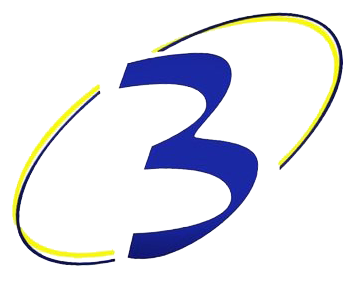Science
The Howard Hughes Medical Institute invites curious kids to explore biology...on screen, off screen, and in between. Concepts such as classifying is taught. The site is aimed at the elementary age child.
The site offers a history of earthquakes, an interactive map of earthquake sites, explains how they happen and how they are predicted.
Hosted by the EPA, this site provides resources for students. Excellent resources for students are categorized into air, conservation, ecosystems,water, human health, waste and recycling. The material is interesting and accessible.
The demonstrations and exhibits are wonderful. There are many, many choices that would be fun, and easy to replicate at home or in the classroom.
Elementary students "help Detective Le Plant and his partners Bud and Sprout unlock the amazing mysteries of plant life." The interdisciplinary lessons at this site combine Web-based activities with hands-on experiments
Searching for a topic for your science fair entry. This is a good choice. The website is appropriate for students in grades 3-12. Find out how car engines work or how CD's work. The site has an extensive list of topics.
Sponsored by the University of Cambridge, this site provides history and background on the Ozone hole. The site features movies, pictures and other graphics.
This site takes you inside the sport of hockey and explains the science. The site, developed by the Exploritorium, contains RealVideo and Audio interviews with top scientists and NHL players and coaches.
The Community Learning Network (CLN) has a theme page with links to resources on Simple Flying Machines. Three categories of flying machines are Kites, Model Hot-Air Balloons, and Paper Airplanes.
Some of the best images from NASA are included in this site. This site offers links to other related sites.
